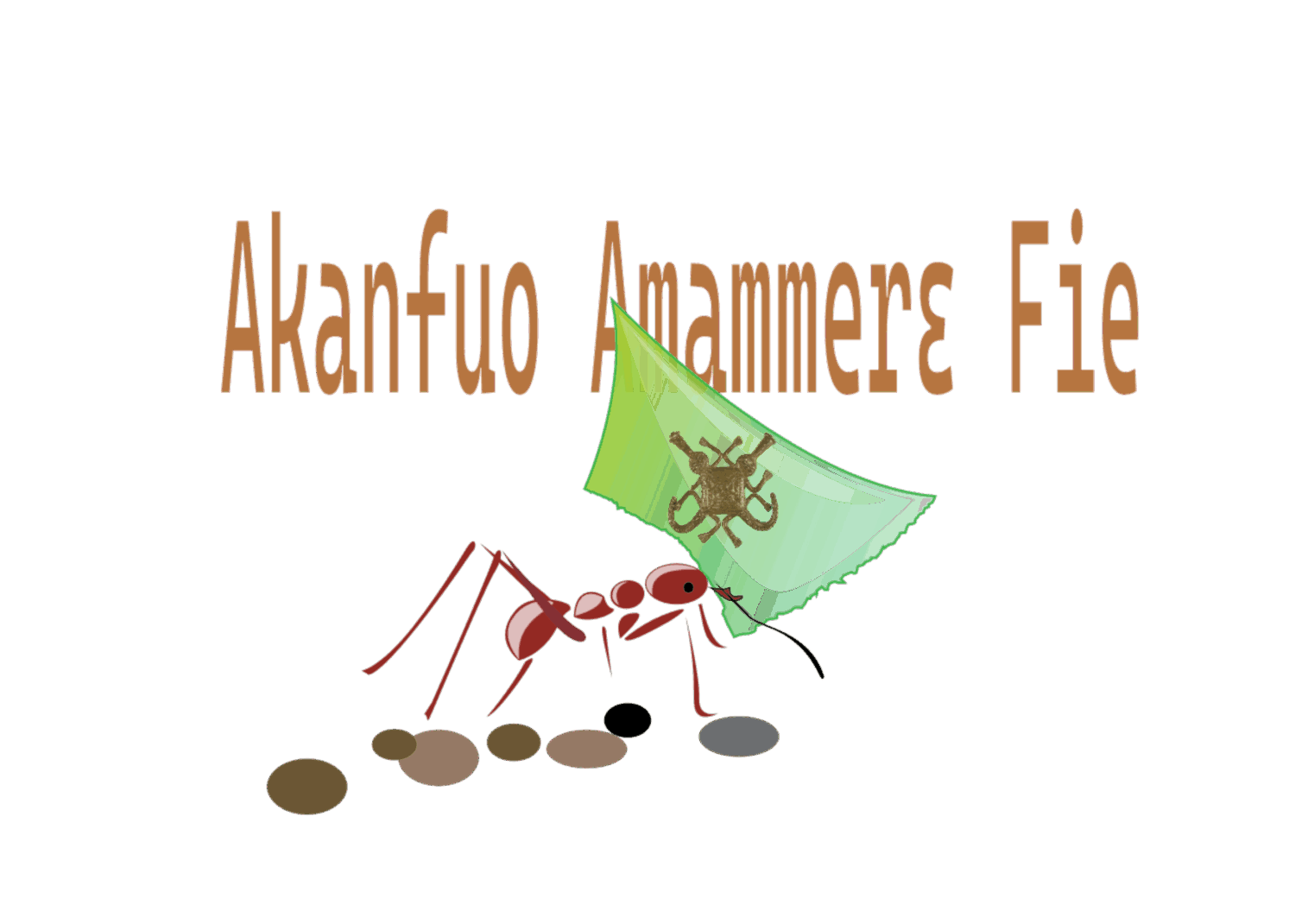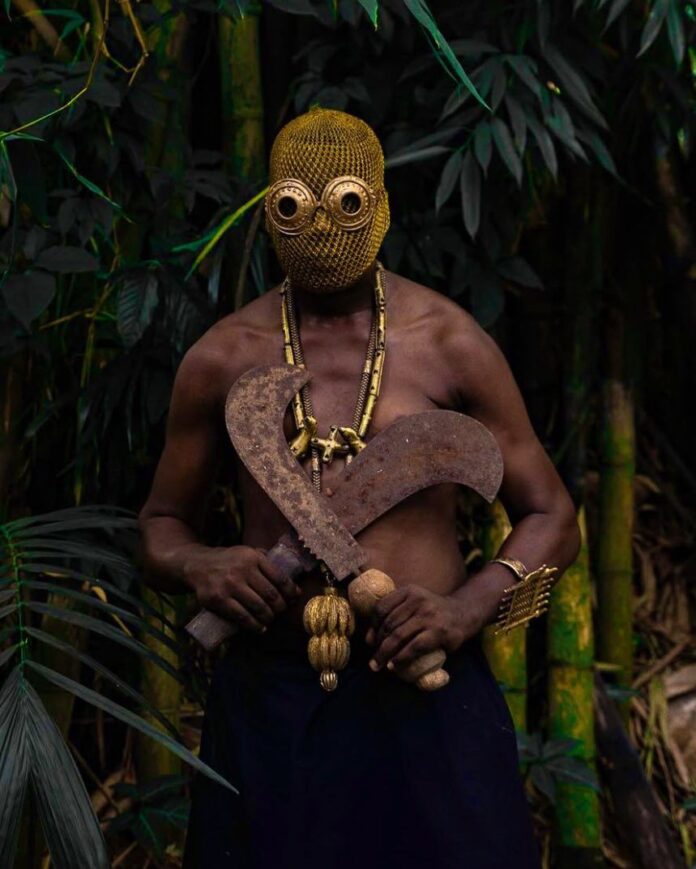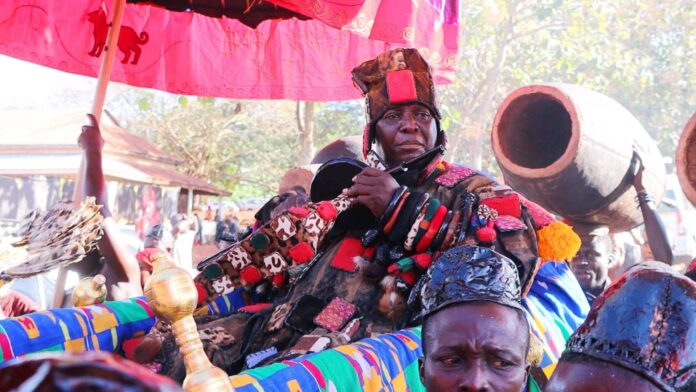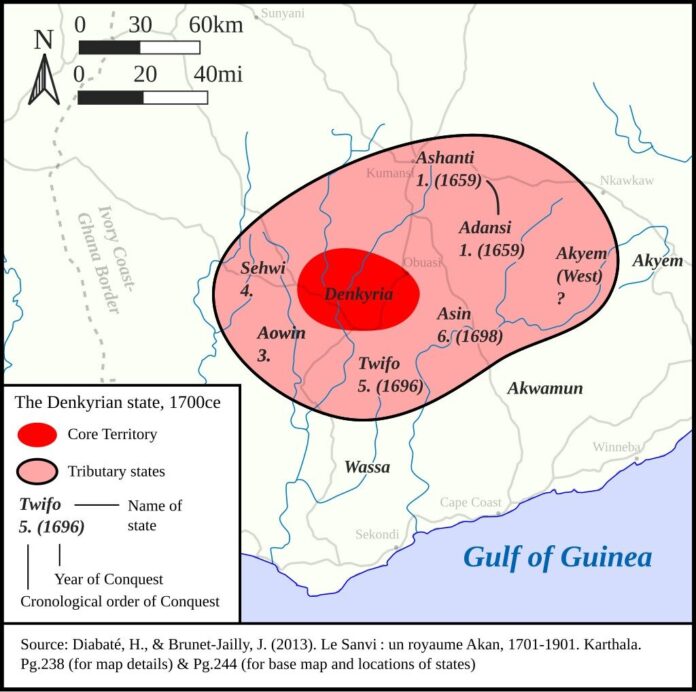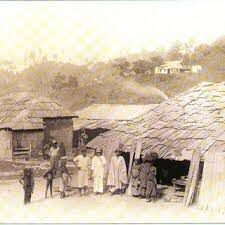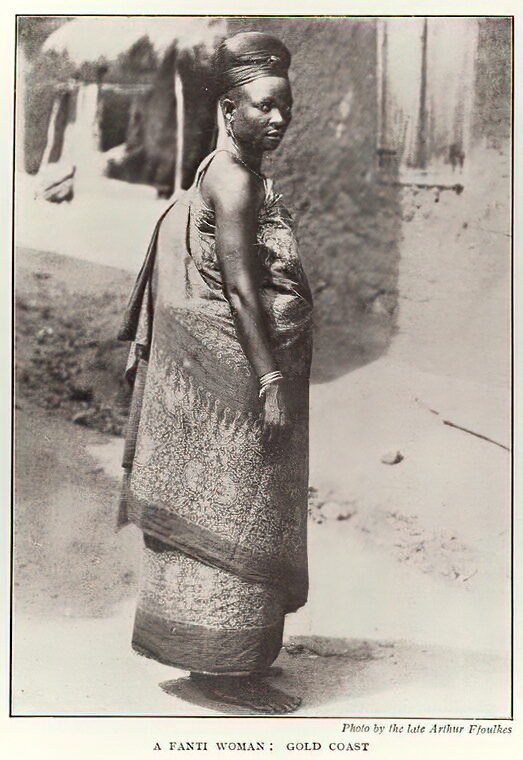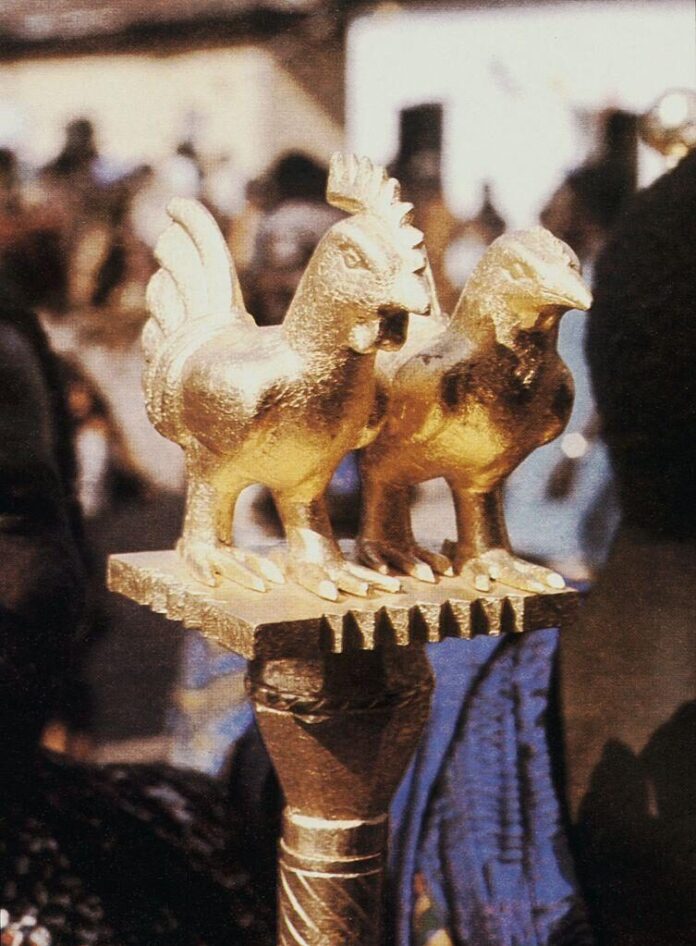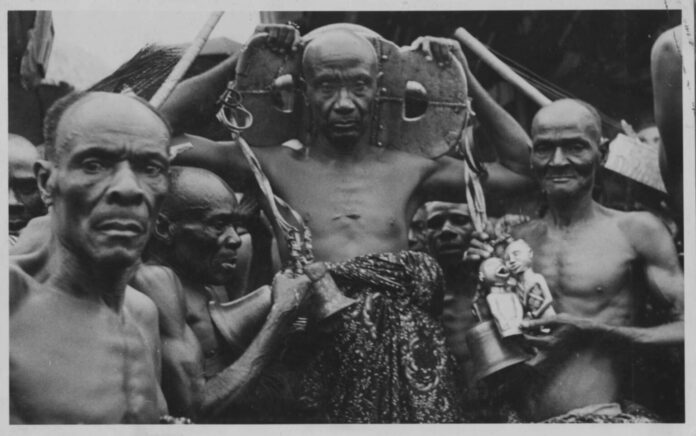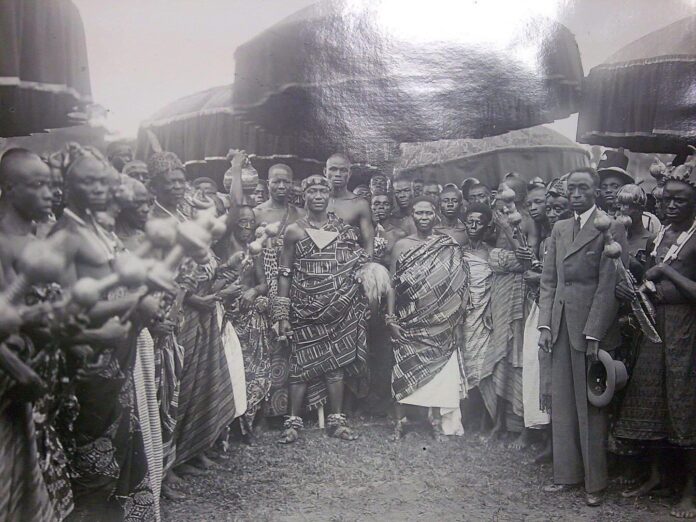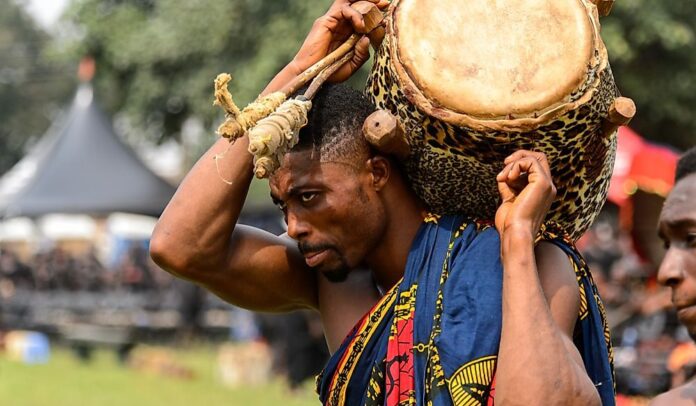As the Akan states grew in power and pride, an age of empires and warfare began. Trade had brought wealth, but it also brought ambition.
Chiefs and kings sought to control gold fields, rivers, and trade routes. From these rivalries rose mighty empires whose armies marched under banners of unity and courage.
The Dawn of Akan Power
The Akan were not born warriors, but they learned quickly that strength was the shield of survival. Every community had to defend its land, its gods, and its people.
The Bono and Denkyira were among the first to organize structured armies, using discipline and iron weapons forged by their skilled blacksmiths.
Warfare was more than violence; it became a sacred duty. Before battle, chiefs poured libations to the gods and invoked the spirits of the ancestors for protection. Warriors wore charms and amulets made by priests to guard their souls.
Victory or death carried the same honor, for both meant serving the community.
The Denkyira
Denkyira’s rise marked the beginning of Akan imperial rule. Its kings, seated at Jukwa, commanded vast territories and controlled the flow of gold to the coast.
Neighboring states like Twifo, Assin, and Adanse paid tribute, offering gold, slaves, and goods.
Denkyira’s wealth brought both admiration and fear. Its power depended on a strong standing army and an organized network of governors who kept order across conquered lands.
Yet as Denkyira expanded, resentment grew among its vassal states, setting the stage for the emergence of a greater force, Asante.
The Rise of the Asante Empire
From the forest lands of Kwaman (later Kumasi) came a group that changed the Akan world forever. Under Osei Tutu and his spiritual advisor, Okomfo Anokye, the Asante Confederacy united independent states into one mighty nation.
The sacred Golden Stool, believed to have descended from the heavens, became the symbol of their unity.
In 1701, at the decisive Battle of Feyiase, Asante armies crushed Denkyira and freed all who had been under its control. That victory marked the birth of the Asante Empire, arguably the greatest Akan power since its inception.
The empire grew swiftly, extending its borders across much of modern Ghana and beyond.
Its strength lay not only in its military might but also in the shared belief of a singular destiny that was facilitated by the belief in the Golden Stool.
Every conquest was followed by integration, where defeated states became part of the Asante family under their own chiefs, loyal to the Golden Stool.
Military Organization and Strategy
The Akan approach to war was highly organized. The Asante army, for instance, was divided into clear divisions: the vanguard, main body, wings, and rear guard, each with defined roles.
War leaders, known as Akwamuhene and Krontihene, led thousands of trained men.
The Akan were masters of forest warfare. They used the terrain to their advantage, launching swift ambushes and using drums, horns, and coded signals to communicate.
Local blacksmiths crafted iron swords, spears, and muskets, while gunpowder from coastal trade added deadly power to their ranks.
The Anglo-Akan Conflicts
The series of wars between the Asante and the British became legendary. Early victories in the 1820s showed the determination of the Asante to defend their land.
The 1874 Sagrenti War, however, brought heavy losses. Kumasi was burned, and many royal treasures were taken to Europe, where they remain today.
In 1896, King Prempeh I was exiled after refusing to surrender his independence. The final stand came in 1900, when the British governor demanded possession of the Golden Stool.
The insult ignited the War of the Golden Stool, led by the fearless Queen Mother Yaa Asantewaa of Ejisu.
Her words, “If the men of Ashanti will not go forward, then we will,” became a cry of resistance for generations. Though the war ended in defeat, it sealed the Asante reputation for bravery and defiance.
The Legacy of War and Empire
Akan warfare was not endless destruction. Moral codes guided it: the protection of civilians, the honoring of enemies, and the preservation of ancestral shrines. War was seen as a test of courage and unity, not senseless cruelty.
The great empires of the Akan built roads, markets, and systems of governance that still influence Ghana today.
From Bono to Denkyira, Akwamu to Asante, the Akan showed that power could be both spiritual and political, that a people united in purpose could withstand even the strongest enemy.
The legacy of Akan warfare lives in the songs, proverbs, and festivals that honor those who fought to preserve the dignity of their people.
